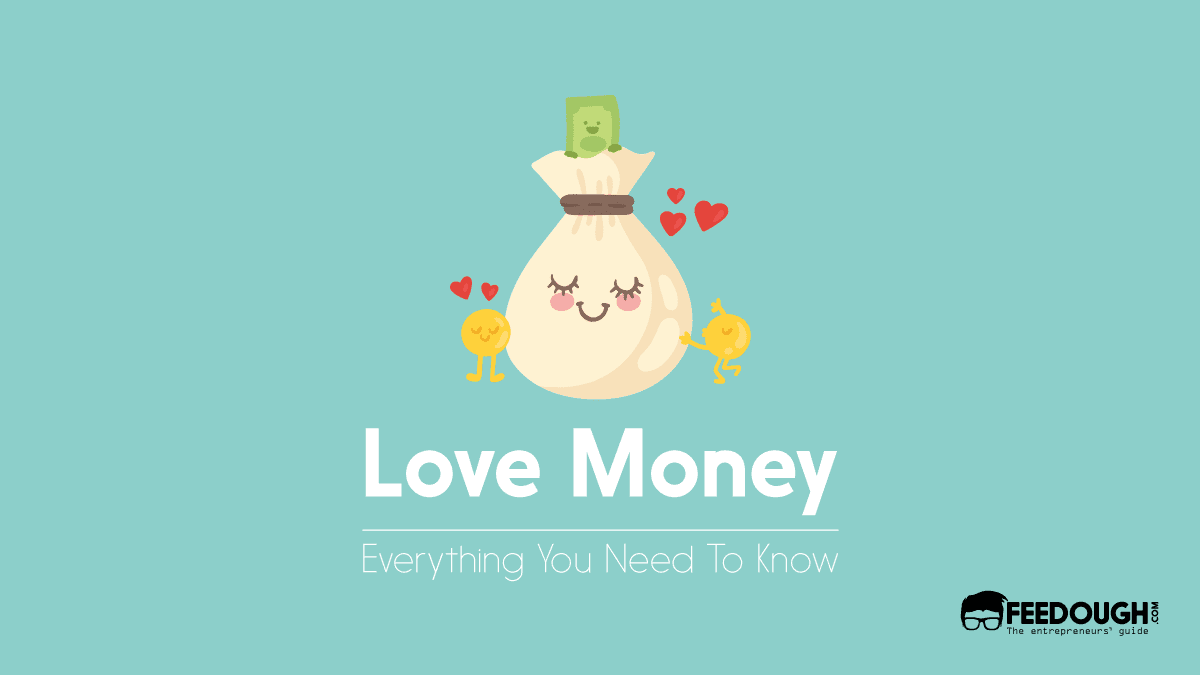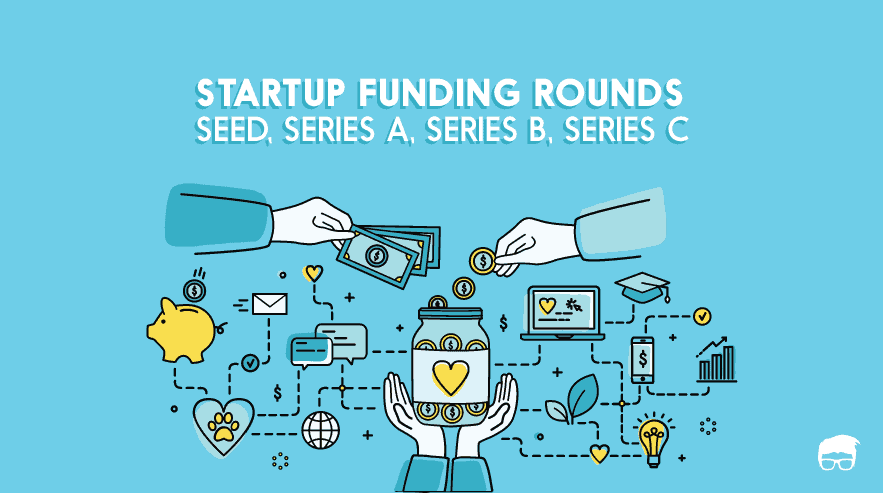Starting a startup isn’t all about the perfect idea. It also involves having the right financial backing and capital to get it off the ground. Unfortunately, investors and banks don’t always approve funding a pre-revenue startup. They want to see consistent, proven revenue before they will provide the necessary funding. Many entrepreneurs turn to love money to bridge this gap and make it easier for their businesses to access funds.
But what is love money, how does it work, and where can entrepreneurs find it?
What Is Love Money?
Love money refers to the seed capital or pre-seed capital invested in startups by friends, family, and acquaintances.
In simple terms, love money is when friends, family, and other people who believe in the founder and team provide small amounts of capital in the very early stages of a startup’s existence (before it is eligible for traditional financing options). It is usually a very small amount of money that serves as the initial funding for an upcoming venture to get off the ground and start the business or infuse capital into an existing business.
This money is not expected to be returned with interest or converted into equity, but this may depend on the arrangement between the entrepreneur and investor. For example, a family member may or may not expect a return on the investment, but a friend may require an arrangement that allows them to be compensated for their contribution.
Sources Of Love Money
Love money is often referred to as money from FFF, as only three parties agree to such an investment – friends, family, and fools.
Friends and family often provide love money due to their personal connection with the entrepreneur, understanding of the goals and motivations driving them, or a belief in their abilities and success.
Fools are people who may not have as close of a connection to the entrepreneur but are still willing to invest in their vision. They could be acquaintances, colleagues, or even strangers.
However, many experts argue that money from fools can’t be classified as love money since it’s not given out of emotion. Nevertheless, it is still a valuable source of capital.
Importance of Love Money
When a founder plans to convert their idea into a reality, they may need capital investment for tasks like:
- Market research
- Raw materials
- Business registration
- Buying equipment and materials
- Hiring employees
- Office space rental
- Paying salaries
While these tasks can be easily done for some industries without any outside investment, for most, it’s impossible to move forward without additional capital. Love money is an important source of funding that can help founders take their first steps as entrepreneurs.
Besides being required funds for starting a business, love money also provides emotional support and security to the founder. Knowing that their family or friends believe in their project and are willing to invest money into it can provide a huge boost of motivation.
Moreover, the only options entrepreneurs have for raising funds in the early stages of their business besides love money are personal savings or personal loans. They can’t even opt for small business loans as most lenders require a few months of business history to grant them.
The Economics Of Love Money
While love money is often considered a free ride, it comes at a certain cost. For one thing, the receiver of love money is not obligated to repay it back, as would be the case with other traditional loans and investments. This could leave the lender in a difficult position if they need that money or are counting on its return.
It has no fixed repayment terms, but there are times when founders offer equity in their company as “love money repayment” to investors. This means the investor could get a return on their investment if the company succeeds, but there is no guarantee that this will happen. Nevertheless, proper contracts and founders’ agreement that outlines the terms and conditions of the “love money” are often implemented to minimise potential risks.
Sometimes, not-so-close friends or family members offer love money as debt or convertible debt, meaning repayment is expected with interest. However, given the nature of the startup ecosystem, the lender may never get their money back.
In addition to being hard to collect, love money can also be difficult to track and calculate taxes for due to its informal nature. But when tracked correctly, the IRS may consider love money as taxable income.
However, if a family member extends love money as a loan, they can use it to reduce their taxable income by mentioning it as a crown loan. A crown loan is a loan issued to family members and, as such, has tax advantages for the lender.
Is Angel Investment Love Money?
Several experts even consider angel investments to be a type of love money. Angel investors are individuals or groups who provide capital for startups and small businesses, often in exchange for equity or convertible debt.
However, since such investments are made because of the investor’s love or respect for the entrepreneur or business, they are not love money but simple seed investments.
Love Money Alternatives
While family and friends are one of the only sources that fund businesses not because of their financial returns but because of the love and respect for the recipient, other sources of capital can be sought as alternatives to love money. These include:
- Crowdfunding: Platforms like Kickstarter and Indiegogo enable entrepreneurs to raise capital from strangers in exchange for rewards.
- Angel Investors: These are wealthy individuals who provide very early-stage funding for a business in exchange for equity or convertible debt.
- Incubators: Incubators provide mentorship, support, and sometimes capital to entrepreneurs in exchange for a portion of the business.
- Bank Loans: While most banks stay away from startups, a few banks have specialised departments catering to small businesses and entrepreneurs.
A startup consultant, digital marketer, traveller, and philomath. Aashish has worked with over 20 startups and successfully helped them ideate, raise money, and succeed. When not working, he can be found hiking, camping, and stargazing.









